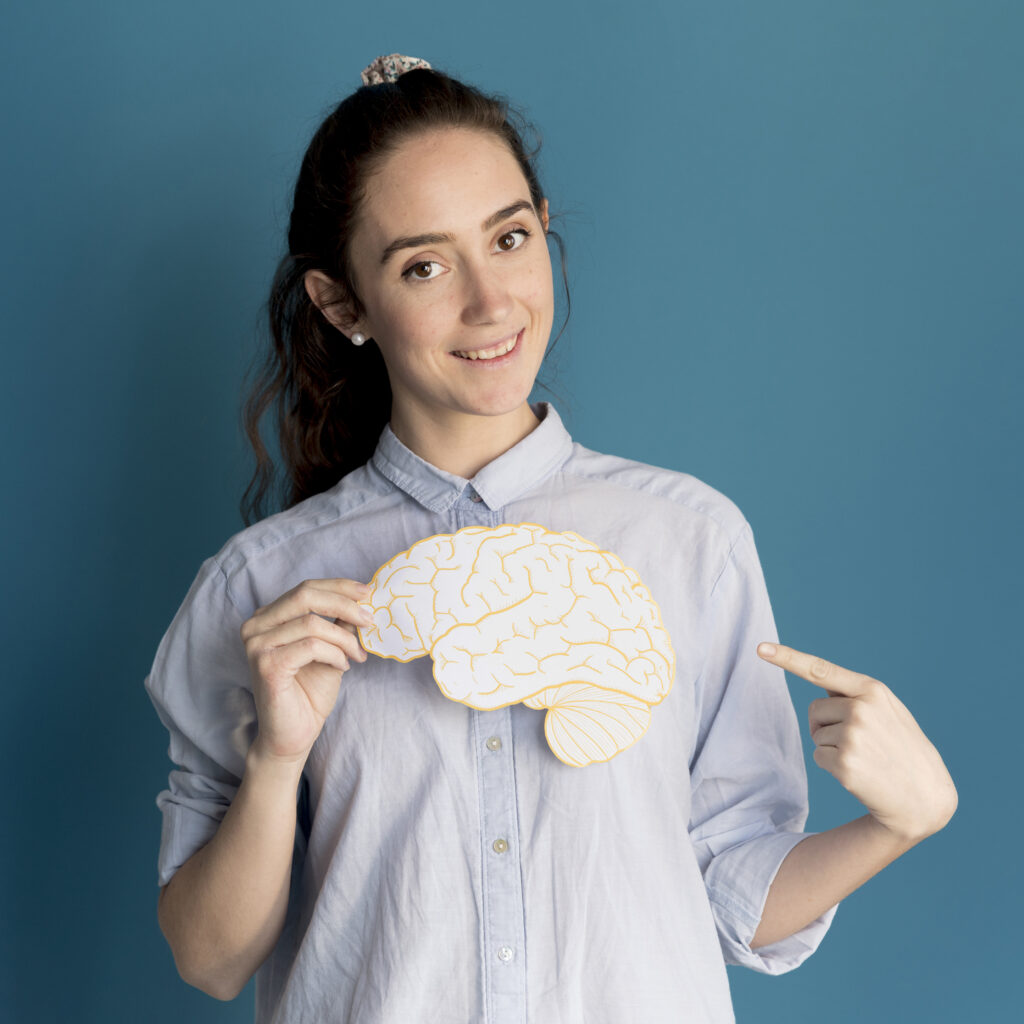Seven psychological facts which deals with everyday behavior
Cognitive Dissonance:

Cognitive dissonance, a concept introduced by psychologist Leon Festinger, refers to the discomfort individuals feel when holding conflicting beliefs or attitudes. This psychological phenomenon motivates people to reduce the inconsistency by changing their opinions, attitudes, or behaviors. For example, if someone values health but engages in unhealthy habits, they might experience cognitive dissonance and either adjust their behavior or rationalize the inconsistency to alleviate the discomfort.
The theory suggests that humans are driven by a desire for internal reliability. When faced with conflicting information, the mind seeks harmony, and resolving mental discord becomes a way to achieve that harmony. This process is essential for understanding how people adapt their beliefs and behaviors to maintain a sense of consistency in their worldview.
Confirmation Bias:

Confirmation bias is the tendency to search for, interpret, and remember information in a way that confirms one’s previous beliefs. This mental shortcut can lead individuals to disregard or undervalue information that contradicts their existing views. In the age of information abundance, confirmation bias is particularly relevant, as people often selectively expose themselves to sources that align with their opinions.
Understanding confirmation bias is crucial for promoting open-mindedness and critical thinking. Recognizing this tendency allows individuals to actively seek out diverse viewpoints and challenge their own assumptions, fostering a more balanced and different shades of understanding of the world.
Halo Effect:

The halo effect is a mental bias in which our overall impression of a person influences how we feel and think about their person. If we perceive someone positively based on one trait, such as physical attractiveness, we are more likely to assume positive qualities in other areas, such as intelligence or kindness. Equally, a negative initial impression can lead to a bitter judgment of unrelated characteristics.
This phenomenon has significant implications in various domains, including social interactions and employment. In job interviews, for instance, a candidate’s appearance may influence the interviewer’s overall assessment, demonstrating the universal impact of the halo effect on decision-making processes.
Recency Effect:

The recency effect is a mental bias that effects memory, and it gives more importance to recent information over earlier ones. This bias is particularly evident in situations where individuals are asked to recall a series of events or items. The tendency to give more weight to recent information can influence decision-making, as the mind gives more importance to the most recent input.
Understanding the recency effect is vital in contexts such as marketing and communication. Advertisers may strategically place key messages near the end of a campaign to capitalize on the increased likelihood of these messages being remembered.
Anchoring:

Anchoring is a cognitive bias where individuals rely heavily on the first piece of information encountered (the “anchor”) when making decisions. Even if the anchor is arbitrary or unrelated to the decision at hand, it sets a reference point that influences subsequent judgments.
This bias is dominant in negotiations and pricing policies. For instance, when presented with an initial high price for a product, subsequent, lower prices may seem more reasonable, influencing consumers to make a purchase. Recognizing anchoring can help individuals make more informed decisions by consciously evaluating the significance of initial information.
Hedonic Adaptation:

Hedonic adaptation, also known as the hedonic treadmill, is the observed leaning of humans to quickly return to a relatively stable level of happiness despite major positive or negative events. Whether winning the lottery or experiencing a personal setback, individuals tend to adapt to their new circumstances, and the initial emotional effect reduces over time.
Understanding hedonic adaptation highlights the flexibility of human emotions. It suggests that long-term happiness is not solely determined by external events but is influenced by internal factors and individual viewpoints. This knowledge can guide individuals in seeking better sources of well-being and happiness.
Social Facilitation:

Social facilitation is an event where the presence of others effects an individual’s performance on a task. The effect can be either enhancing or hindering, depending on the nature of the task. Simple or well-practiced tasks often results in improved performance in a social setting, while complex or unfamiliar tasks may suffer from the presence of others.
This concept is important in the study of social psychology and group dynamics. It helps explain the dynamics of performance in various social contexts, from sports events to workplace environments. Understanding social facilitation can aid in optimizing group dynamics and individual performance in different situations.
Conclusion
In conclusion, these psychological facts offer valuable insights into the details of human behavior and decision-making. Cognitive dissonance, confirmation bias, the halo effect, recency effect, anchoring, hedonic adaptation, and social facilitation collectively contribute to the complex field of our mental processes. Recognizing these phenomena empowers individuals to direct the challenges of daily life with a deeper understanding of the factors shaping their thoughts and actions.
